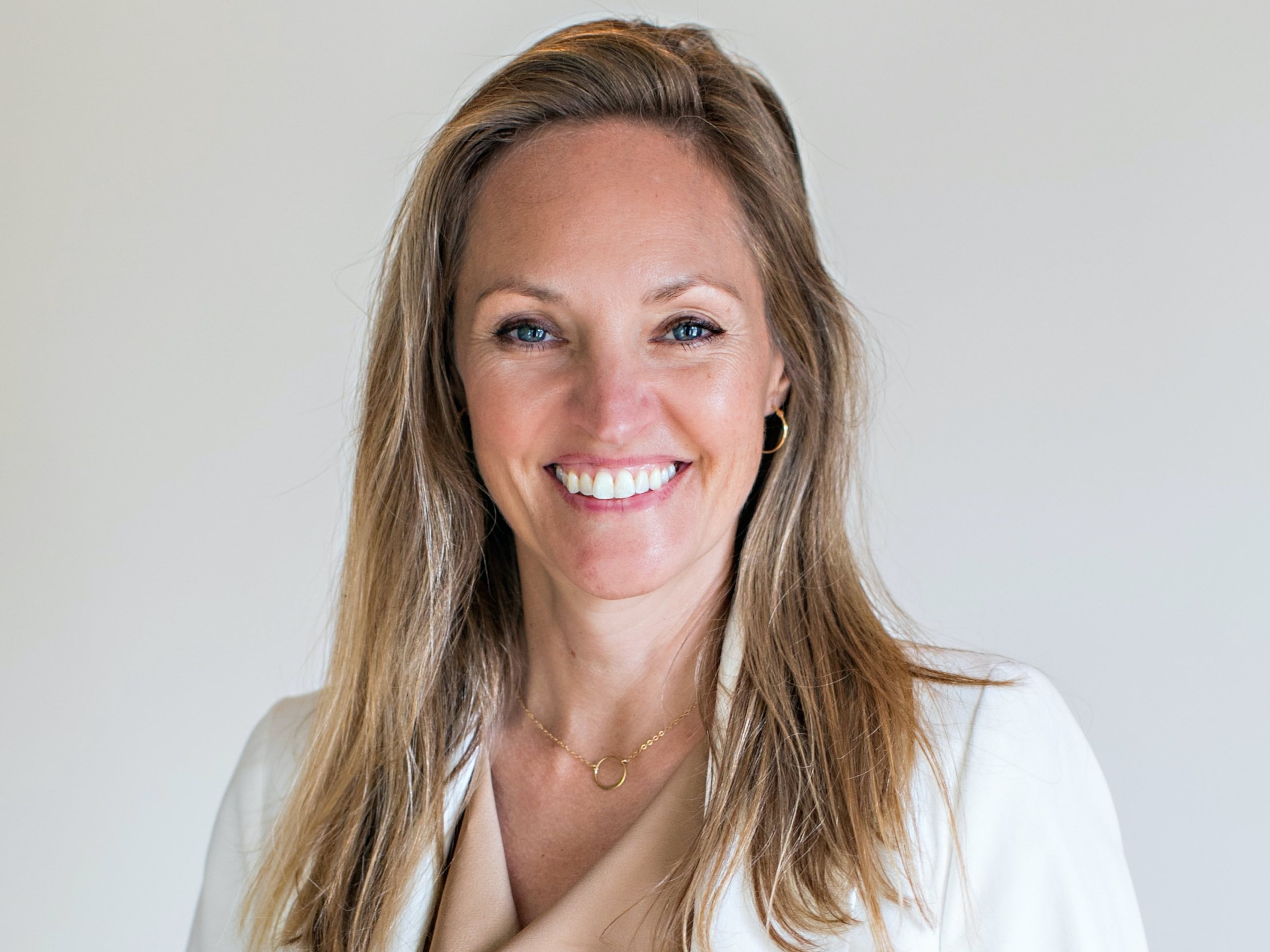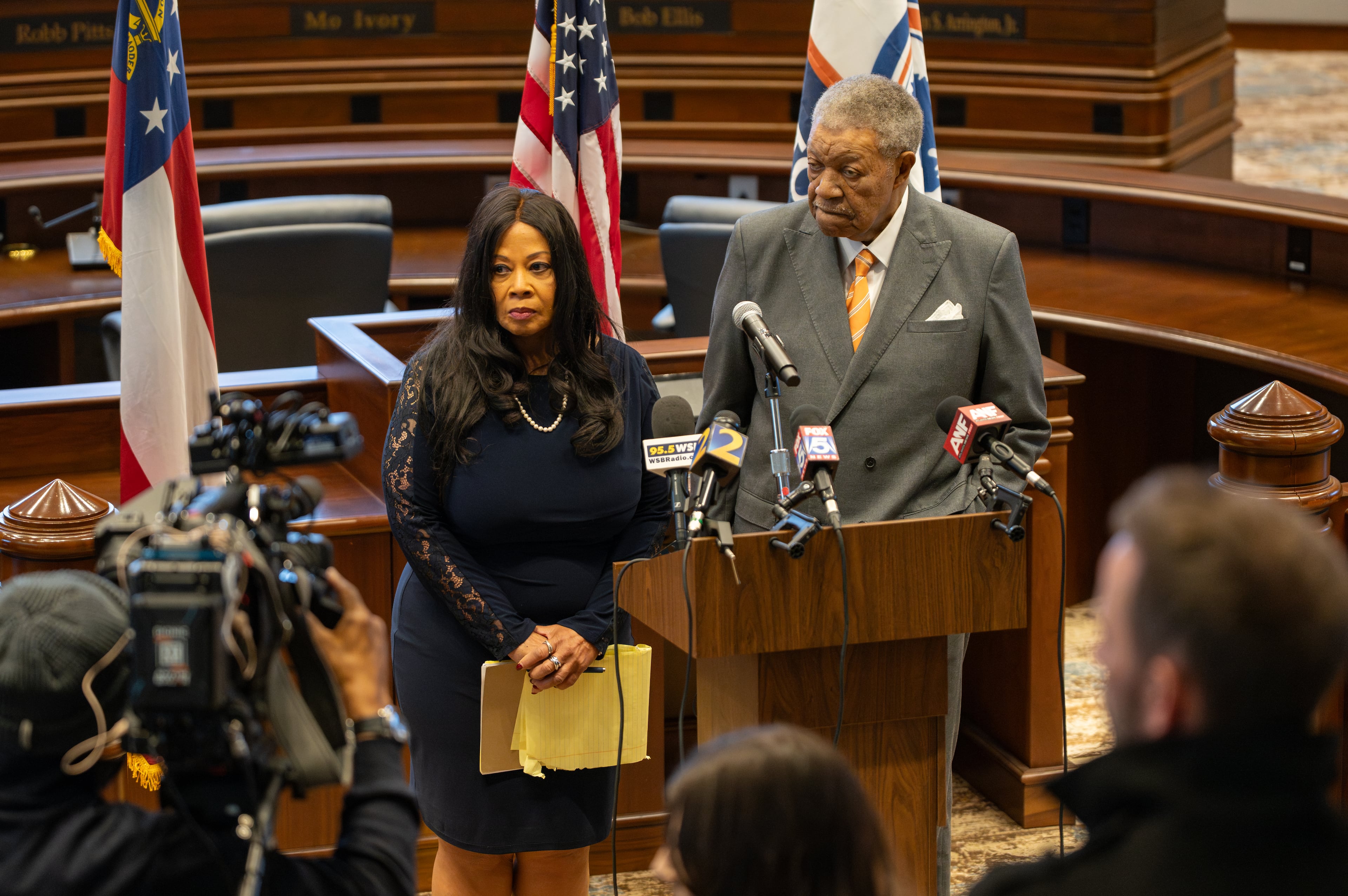A back to school must-have: A social media ban for kids

U.S. District Judge Amy Totenberg recently ruled part of the Protecting Georgia’s Children on Social Media Act inhibits the rights of youth to engage in anonymous speech online, contrary to the First Amendment of the U.S. Constitution.
The ruling puts on hold Georgia’s attempt to prohibit children under the age of 16 from having social media accounts without a parent or guardian’s permission, The Atlanta Journal-Constitution has reported.
This ruling has played perfectly into the hands of NetChoice, a company representing, among others, Meta, Netflix, YouTube, Amazon and Google. The company is challenging the law claiming to seek freedom of speech for children. Interesting that the challenger of this Georgia law isn’t a child advocacy group, free speech organization, or an entity related to health care, human rights, children, education or parents. No, NetChoice is a tech company litigation firm. Need I say more?

Let’s follow that with another dose of truth. One longitudinal study in the Journal of the American Medical Association found suicide and screen addiction in kids is directly correlated. And to boot, screen addiction happened at a much faster rate than the researchers expected. The study of over 4,000 kids stated that after a four-year follow-up, 31% of adolescents had become addicted to social media and 25% to mobile phones.
Those numbers are heartbreaking and real kids are behind them. But do we care enough to take action?
Knowledge only elicits change when incremental change is manageable and available. The scientific research on kids and online addiction information is published noting that the adolescents taking part in the studies will not read it and apply it to their own lives. That’s magical thinking (wait for it) ... because they’re children.
Kids need real, proactive help in setting healthy boundaries and limits with screens from loving adults. They’ll be angry with you, rage against it, feel like a loser among their friends, give you the cold shoulder, claim you’re ruining their lives, slam the door and maybe even say they hate you for it for a while (just giving some quick examples of what might or might not have happened in my own house). Thicken up that skin, parents. But you know what? It’s worth it.
Bans for minors using social media until 16 is not a cure-all to the downsides of social media. In fact there are many reasons why it isn’t the golden ticket. There are real issues with bans that researchers have postulated such as kids finding other more harmful content in less regulated online locations, user data being compromised with verification information, the assumptions that tech companies will be responsible with advertising tactics directed at young people, and absolving tech companies for failing to respond to reports of abuse or bullying on their platforms.
However, the alternative to legal inaction against deep pocketed big tech companies is dire for kids.
Thirty states including Georgia, along with many groups and individuals have brought legal action against Meta in the past for intentionally designing social media platforms to be addictive and harmful to children. One of our local school systems, DeKalb County, has joined them and filed a lawsuit awaiting a court date.
So here’s a searing question for us parents: How many fellow parents do you know allow their children unchecked access to social media before the age of 16? I’m guessing it’s well over the 25% mark.
It’s so easy to let them have access and say we’re going to check in on their feed, account, messages, or usage amounts … but we just don’t. It’s not because we don’t care; we’re busy, we forget, we’re well intended but it just doesn’t happen.
We have to reset the power dynamics with our kids’ use of social media, not wait for others to do it.
Adults want the government to fight for kids’ mental health, we want corporate giants to pay when they’ve wronged children, we want our kids to be mentally and emotionally well but are we doing the laborious work of setting limits and boundaries with the tools we have? “I’ll step in when it looks like it’s becoming a problem” is the mantra of most parents regarding screen use right now.
That “wait until it’s a problem” logic didn’t work with kids smoking cigarettes in the 1930s. Just take my grandmother who began buying and smoking cigarettes as a 13-year-old and died of emphysema. We can’t wait for the government to litigate the legal recourse on this issue. It could take decades like it did with the Big Tobacco companies who marketed directly to children and focused on creating a pipeline of users through the addiction of kids, using Fred and Wilma Flinstone, Joe Camel, and even medical doctors claiming health benefits among a few.
We laugh at the absurdity of Big Tobacco cartoons aimed at children now, but who’s laughing when a generation is sick and dying because another great American Fortune 500 company is profiting from children’s demise for their own financial gain?
Beth Collums is an Atlanta-based writer. Her professional background as a child and family therapist and passion for offering support to families gives her a uniquely insightful perspective on the intersection of mental health, relationships and education.


